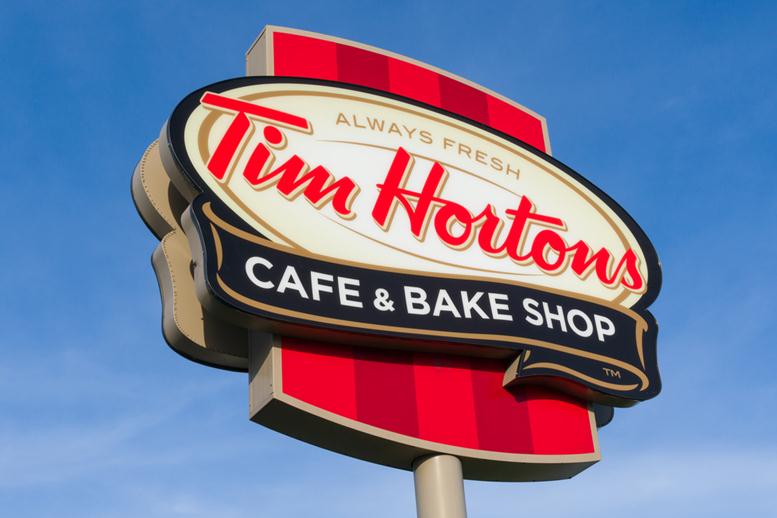The minimum wage was increased in Ontario but workers aren’t celebrating. In fact, they’re threatening to quit, at least that’s the case for several Tim Hortons (private) employees who were told that their benefits and paid breaks are being slashed because of the minimum wage increase.
The Ontario franchise located in the town of Cobourg and owned by Tim Hortons heirs Ron Joyce Jr. and Jeri-Lynn Horton-Joyce sent out a notice to its employees on behalf of Ron Joyce Jr. Enterprises Ltd. (private) that it would no longer be paying breaks nor would it fully cover the cost of benefits, both of which it did before the minimum wage increase.
The letter cited that “these changes are due to the increase of wages to $14.00 minimum wage on January 1, 2018, then $15.00 per hour on January 1, 2019, as well as the lack of assistance and financial help from our Head Office and from the Government.”
Many employees, understandably, have yet to sign the document and many more are outraged.
“I’ve worked for the company for a very long time, and I was very upset. I wasn’t marching down the street asking for this pay raise. Now I’m worse off,” said an anonymous employee.
Among some of the most difficult cuts to deal with is that employees who have been with the company for over 5 years will now have to pay 50% of their benefit costs, while those who have been with the company for 6 months to 5 years will have to pay 75%. The company used to cover the cost of benefits 100%.
One employee said, “That was a big benefit for the people who work at Tim Hortons, because it’s not a great paying job. The benefits are what kept me there. Now you are going to make me pay that. I don’t understand why you can take it away. Sounds like you are penalizing your staff because the government is trying to help your staff.”
Another employee stated that the combination of not having breaks paid and having to cover 50% of their benefits cost, their paycheque would actually end up being $51 less than what they would have gotten before the minimum wage increase.
The downsides don’t end there. Other provinces have also been planning to raise their minimum wage rates, but according to the Bank of Canada, doing so could cost about 60,000 jobs across Canada by 2019. The costs will ultimately be too high and will end up harming the very people the movement was intended to help, such as the case with the Cobourg Tim Hortons. It will also hurt smaller businesses that will have to hike up the prices of their products to accommodate the increased wages, which could then deter consumers from buying their products. Companies will have to provide fewer hours to compensate, which in turn means they will have fewer positions to fill.
Featured Image: depositphotos/wolterke











